Do organisations really believe in learning & development?
I’ve been working in Learning & Development for quite a few years now and it has occurred to me during that time, that perhaps organisations could be a little better at really working to embed the learning they provide.
We all know that as an employee, I am responsible for my own learning journey. I am responsible for whatever I want to be curious about and whatever I want to learn. It is my responsibility to ensure that I sign up for whatever courses we have on offer in the curriculum (if indeed we are fortunate enough to work in organisations that have a curriculum!). I attend those courses – some of which I can nominate for myself, some I have to be nominated for and some that are compulsory (I’m looking at you FCA). I don’t usually have to learn anything from them, nor prove these new skills, but I can go along!
With the requirement of mandatory learning in industries such as Financial Services, learning can get a bad rap. All that required “learning” doesn’t allow for time to do some cool, fun, proper developmental stuff – that will actually progress our brains, give us better skills and not just learn how to keep the money laundering under control.
But it’s more than that for me. As employers, why isn’t it a responsibility to ensure your people are developed during their tenure? In any profession (accounting, law, medicine etc) we are expected to undergo CPD (Continued Professional Development) to stay relevant. Yet, we can join a company, work there for many years and not be expected to continue to develop our existing skills, let alone create new ones. There might be “courses” available to us we can choose to do. Diligent people leaders will have discussions with their teams about their own development, but organisationally – where is the expectation that they will invest in you, not just by paying you, but by developing you? Where is the duty of care to ensure that you leave a better version of yourself than when you joined? Obviously you will have the experience of working for a great brand or an industry specialist – but what other learning have you done? Around leadership or self-awareness or developing others or creating an agile environment or future trends for the business and your people…..the list goes on.
If organisations were really serious about ensuring they kept their top talent – not just attracted them, there would be some kind of agreement going in. Expectations would be set around personal and professional development over their time there. If I join an organisation as a permanent employee, wouldn’t it be great to have a conversation focused initially around my development? (I’m a career interim and coach – we don’t count when talking about development…..is that another blog post??)
I have been in plenty of interviews that ask how I keep myself current in certain industries, or around my skillset, but once we join – are companies really having these continued conversations with their talent? I imagine this would look like a bit of a coaching discovery call. You know, identify things like what their goals are; what they want to achieve whilst they are there, where do they want to be in a few years from now, what would success look like? What’s the journey they go on together with their employer to help them reach their goal? How does that benefit the organisation and the individual?
That’s a sizeable conversation and a sizeable investment in time and obviously money. But aren’t our people worth it? And how much more are they worth to you and your teams, when they are not only smarter and more highly skilled, but when they are engaged, content and focused on a shared outcome?
I think it’s time to reframe what we mean by Learning & Development and CERTAINLY time to reframe not just how we identify TALENT (a whole other post!), but how do we keep them in that learning mindset?
Let’s be honest, this is no longer a lifetime kind of commitment by organisations. According to Helen Tupper and Sarah Ellis of Amazing If, we are far more likely to have a Squiggly Career than ever before. That is – one that doesn’t necessarily follow a linear path. Future generations are more likely to take roles that interest them and go where they are invested in. We are talking here about having a budget – sure, but in the main, we are talking about sitting down with our people, identifying the skills they have – (the same ones we interviewed them for and hired them for), building on their strengths and helping them out around their challenges.
That sounds like a pretty good investment to me.

